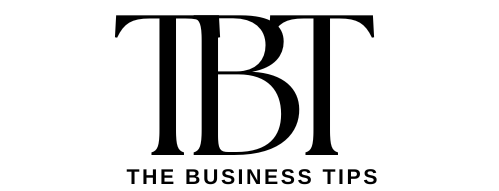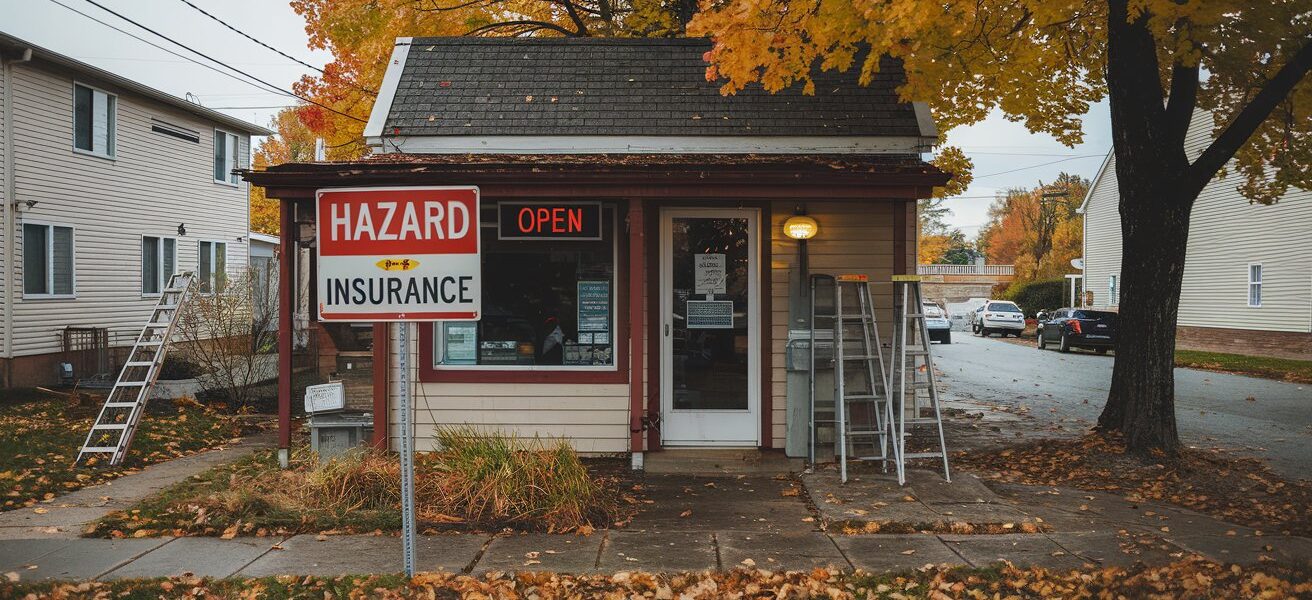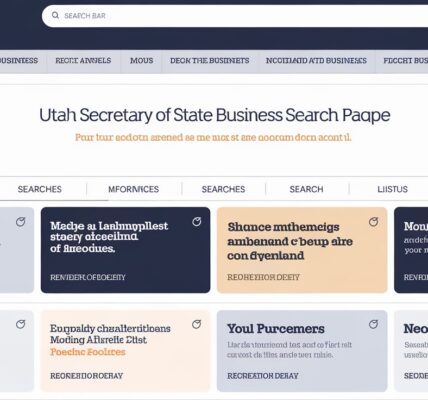In operation, it is well understood that a business of such a nature holds numerous risks. From floods to fires to acts of malicious mischief, there are many events that can turn your operations upside down. Small business hazard insurance is used to manage these risks and these mean that your business can bounce back in the event of a problem. In this article, therefore, we will take our time to delve deeper on what hazard insurance is, why every small business needs it, and how to go about selecting the right policy for your business.
What Do You Mean by Small Business Hazard Insurance?
This is a specific coverage that you get for your business property against the effects of several risks which are physical in nature. Such risks are those that may lead to loss or damage of business property for instance fire, storms, vandalism, theft and any other eventuality. For any small business, this type of insurance is imperative since it can assist in catering for expenses of repair and replacement and other inconsequential costs which would be required to restore business continuation after a disaster.
Guidelines on why Small Business Hazard Insurance is Important
And due to their small size, small business enterprises can be severely affected by a disaster and an event that a large scale business firm may not even notice because it has sufficient buffer stock. A fire, flood or similar may have calamitous effects including direct loss, and loss of income due to business closure. Small business hazard insurance is a very important tool in cushioning your business against these mishaps.
Liability Cover For Property
The most apparent justification for purchasing hazard insurance is that your business property could be at risk. Regardless of whether you own an office, a retail store, a warehouse and any other commercial real estate, hazard insurance means that you are protected in case the property is damaged by events that are covered. This coverage also covers structural parts of the building as well as things inside such as machines, fixtures and products on sale.
For instance, if there is a fire outbreak in your office, hazard insurance would help pay for rebuilding your office structure, as well as replacement of lost equipment or stock. If a small business is hit by this type of event, it may take time before it gains its footing if it has no such coverage.
Observance of the Rules Regarding Loans and Leases
Most small business people use credit facilities in acquiring business premises or renting from a landlord. Loan companies and landlords often make it a condition that you have to fill your home with hazard insurance. Without such coverage you risk to be in non-compliance with your loan or lease obligation to your lender or the lease provider. Small business hazard insurance, therefore, not only makes good sense as well as is well worth the cost but it is also mandated by law.
Managing Post Disaster Financial Stability
Disasters such as hurricanes, floods and earthquakes are common, they can cripple business organizations through their effects. These events prove especially catastrophic to small business because the cost of repairs, replacement and lost sales from shutting operations make significant dents into their balance sheet. Hazard insurance offers the business a sense of security through monetary coverage that can help your business bounce back after a disaster.
Protection Which small businesses receive hazard insurance?
Hazard insurance provides for loss of the business’s property from certain events known as perils of the hazard policy. However, it needs to be kept in mind that not all sort of loss or incidents come under an insurance policy. The scope of each policy will vary with its own list of included perils and excluded perils, it is advisable to go through each policy.
Common Covered Perils
Most small business hazard insurance policies cover damage from the following types of hazards:
- Fire and Smoke: It is important to illustrate that fire risk is one of the most widespread risks businesses are exposed to. No matter if your building burned down due to wiring problems, a kitchen fire, or arson, your hazard insurance will pay for the losses to your building and its contents.
- Storms and Wind Damage: Most policies include wind, storms, and hail from the events that can cause damage. Your insurance policy will also come in handy when a storm has affected your roof, or broken windows, or any other structure within your home.
- Vandalism and Theft: In the event your business property is vandalized or stolen, hazard insurance comes in handy since you will be required to cover the expenses of replacing damaged property and the stolen items.
- Water Damage (Not Flooding): Hazard insurance policies may include water damage from items like pipes that have burst, or leaking. Nevertheless, damages that are caused by floods need special flood insurance.
Exclusions and Limitations
There are, however, exclusions and limitations of small business hazard insurance that one needs to look at as listed out below. Common exclusions include:
- Floods and Earthquakes: Common perils are normally excluded in standard hazard policies such as flood and earthquake. Depending on the location of your business you may require additional form of insurance like flood insurance, earthquake insurance or others.
- Normal Wear and Tear: This insurance is meant for the unforeseen circumstances prevails in our home. They are useful in that they do not pay for the regular wear and tear of an asset or for negligent management of property. It’s therefore necessary for you to ensure that your property is well maintained to avert incidences that will need repairs and which insurance might not cover.
- Intentional Damage: The loss incurred deliberately by the owner of the business or the employees of the business is left out by the hazard insurance policy.
Small Business Hazard Insurance Policies: How to Choose?
Choosing the right hazard insurance policy for your small business sometimes requires analyzing certain risks and types of coverage. Here are some steps to help you make an informed decision:
Assess Your Risks
The first thing any entrepreneur should do in order to buy small business hazard insurance policy is to evaluate the risks. In identifying the types of hazards that will likely affect your business, the place of your operation, the type of business you are in and the kind of property you have will determine this. For instance, a business at the shores will have a higher risk of being affected by hurricanes as compared to business at regions prone to earthquakes require earthquake insurance.
Appraise the Value of Your Home, Automobiles, Jewelries and other Possessions
Next, try to establish the value of business property and assets with regard to their contribution to the overall value of the business. This comprises the facilities physical plant and infrastructure as well as its contents like tools, stock, and ornaments. It will aid in helping you appreciate the amount of coverage that one requires since you have the value of the assets. It is important to ensure that the limits of the policy you choose will be able to cater for the expenses needed to replace or repair any of the property that might have been damaged.
Daily Policies and Providers
This is simply because not all of the hazard insurance polices are the same. In our case we have to spend sometime go to different insurance companies to compare the various policies they offer with the one that we need and the one that we can afford. The coverage sought should address the risks of interest; the importance of deductible, the amount required to be paid by the policyholder before the insurer starts bearing the cost.
Consider Additional Coverage
Its is important for a business to understand the risks that are assumed by it to be able to make the appropriate decision if hazard insurance is adequate or if more coverage is required. For instance, flood-prone firms should make adjustments for flood insurance and firms located close to earthquake districts should consider taking an earthquake insurance cover. If your business is located in a high risk area, you may also need to consider other extra covers against theft or damage.
Hazard Insurance Management – Tips You Should Consider
After selecting a small business hazard insurance policy, you must learn how to administer it properly, so that you are always protected.
Review Your Policy Annually
The nature of your business and your business risks may evolve as time passes. While it’s smart to review your hazard insurance policy every few months, the once a year approach is still quite effective. It may also change if you brought new equipment to your store to make your sale, or if you have bought a new house or shifted your business to a new place.
You should also maintain an Inventorize of you assets
This is more important when running a business as an inventory can come in handy when it comes to claiming or retrieving assets after the disaster has hit. Document the value of equipment, Electronic, stock and other business property through receipts and photos receipts and photos. It will assist your insurer together with your claim so that the extent of damage could be ascertained promptly.
Conclusion
This coverage is one of the several that you cannot afford to operate your business without since it shields your business from any risks. You can protect your property, equipment, and stock from fire, storm, vandalism, and other misfortunes if you purchase the right coverage. Identify your exposures, appraise organ’s valuables, and measure policies to acquire the right one for your business. By having adequate insurance in your business you are rest assured that in case of a disaster you are fully prepared to meet it head on.





